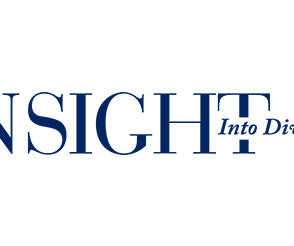How to Improve College Teaching in 2023
Inside Higher Ed
JANUARY 9, 2023
A third tradition, which stressed research, scholarship, and the applied sciences, emerged in nineteenth century Germany, especially at the universities of Gottingen and Berlin. Can financially-challenged institutions sustain the range of majors and faculty size, especially in the humanities, while adding new career-aligned fields?












Let's personalize your content